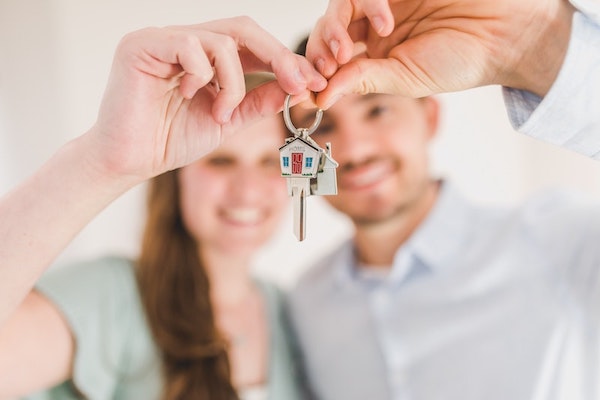Blog

Questions You Need to Ask Yourself When Preparing to Buy a House
August 19, 2021
The day you buy your first home is the day where your hard work and planning pay off, but you may wonder how to know when you’re ready to buy a house. Given that buying a house comes with a large chunk of debt, you have to be in the right financial position to buy. Luckily, knowing when it’s the time isn’t too complicated. The following criteria will help determine if you’re ready to purchase a house.
Can I Handle The Debt of Buying a Home?
Many people may think they should pay off all their debt before buying a house, but that isn’t necessarily true. You can have some debt and still be in a strong enough financial position to purchase a house.
If you’ve been paying off loans without missing payments for several years, you likely have a good credit score—something mortgage lenders are looking for. If your credit score is 700 or more, consider yourself in good standing.
Mortgage lenders will also examine your debt-to-income ratio which compares the debt you have to the income you make. If your DTI (debt to income) is lower than 36%, you’ll likely qualify for a mortgage.
Do I Have a Stable Income?
To purchase a house and qualify for a mortgage, you need a stable income. Income stability can be determined by going back a few years and looking a few years into the future. Have you held a stable stream of income for several years, and do you foresee that income to remain in the future? If so, you do have a stable income.
As a self-employed person seeking a mortgage, things may be trickier as you don’t have a permanent contract. In this scenario, you should look at your history of income. Mortgage lenders will want to say bank statements going back at least a few years for proof of stable income.
Can I Afford a Down Payment on a House?
There was a time where a 20% down payment on a house was standard, but things have begun to change. Many mortgage lenders are willing to accept as little as 3%, although it’s not the norm.
Regardless of the type of loan you’re looking for, you need to have cash on hand to meet the down payment requirements. You should assume you need to put down 20% of the house’s value. Placing a larger down payment will save you money on interest payments as your loan amount will be smaller. Plus, it may grant you a lower interest rate over time, further saving you money.
Do I Have an Emergency Fund?
Everybody should have an emergency fund if possible. If you’re planning on purchasing a home, you should ensure you have an emergency fund set aside before considering your financial status to purchase a home. You should also not take into account your emergency fund in your total net worth.
This fund can cover expenses in case you or your spouse loses an income stream, or in the case that your home needs repairs.
Am I Ready to Settle Down in One Place?
If you’re not ready to settle down in one place, buying a home may not be for you. When you purchase a house, you have to pay closing costs which you will not get back. Therefore, if you’re only planning on staying a few years, buying a house and paying the closing costs may not make financial sense.
Plus, if you’re not committed to staying in the area, it’s likely easier for you to continue renting.
Am I Ready to Buy a Home?
If you’ve checked off the above requirements, you’re ready to purchase your first home! Anne Townes Team is a group of professional realtors specializing in the Chester County, PA area who can help you find your dream home. Contact us today and get started finding the perfect first home.